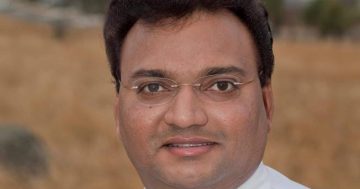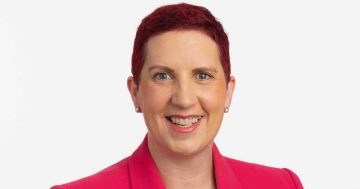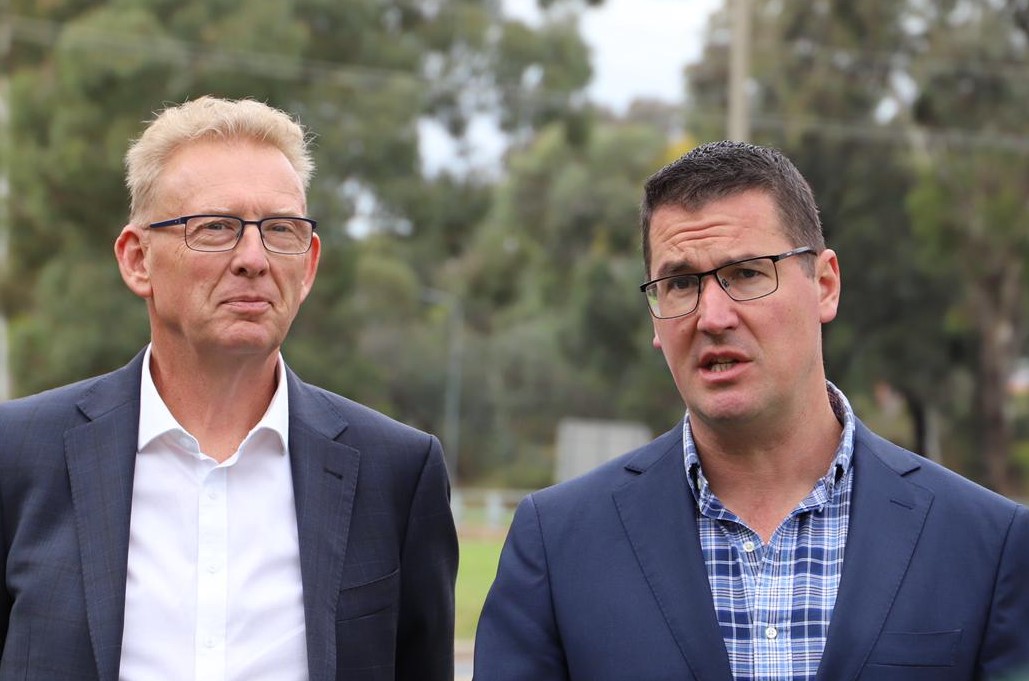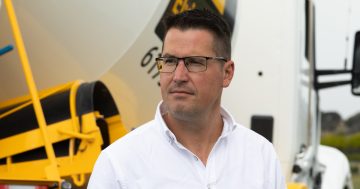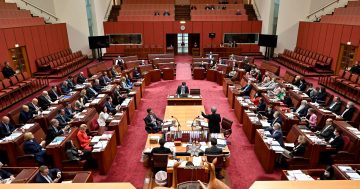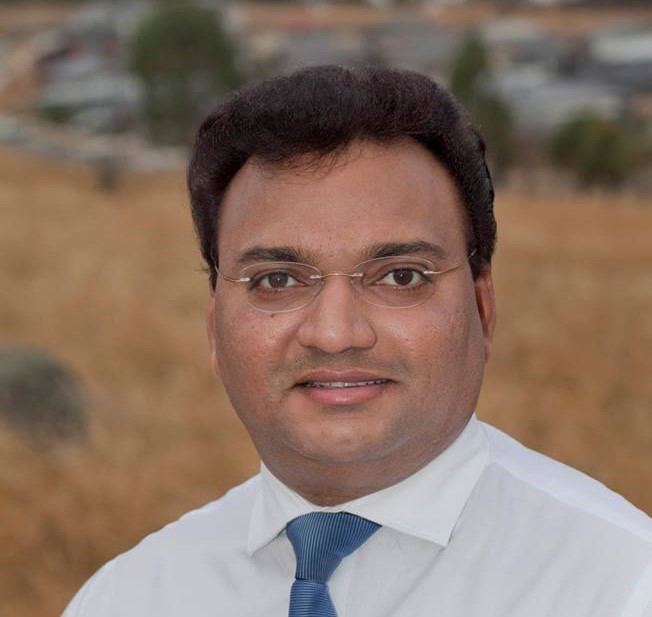
Endorsed Liberal Senate candidate Jacob Vadakkedathu faces a huge challenge. Photo: Facebook.
Are the Canberra Liberals serious about next year’s Senate election?
It doesn’t look that way.
With all due respect to their chosen candidate, Jacob Vadakkedathu, what the party needed was someone with a high enough profile to challenge Independent Senator David Pocock, who is looking more and more at home, and effective, on the Hill.
Senator Pocock will go to ACT voters with three years’ experience in the Senate, more than a few wins and a record as an honest broker and fierce advocate for the ACT.
He will also have an experienced and enthusiastic team behind him.
Mr Vadakkedathu’s community credentials and commitment can’t be faulted, but he hasn’t been able to crack a seat in the Legislative Assembly in three elections, so how the party expects him to win back its Senate seat is anybody’s guess.
He is a migrant success story, but he is not well known outside of the party or the Indian community, some of whom he has recruited to the Liberals and may have contributed to his surprise victory.
The field itself wasn’t that inspired.
The only elected politician who ran, former MLA Giulia Jones, at least is well known, a woman, and has a great story to tell as a thriving cancer survivor.
She was rolled in the first round.
Dr Jerry Nockles sacrificed his endorsed candidacy for Kurrajong in the ACT election in October to run for the Senate, presumably because he thought he had the numbers.
He ran in Eden-Monaro in 2020, but his ACT residency has been a bit fluid. Apart from his Navy service, he appeared to be more of a party operative, although, of all the candidates, he looked as if he would be comfortable, if not dynamic, in the role.
Dr Nockles’ move did open the way for decorated AFP officer Mick Calatzis, with some wondering why he didn’t get the nod in the first place.
The supposed favourite, defence lobbyist Kacey Lam-Evans, ran with the losing Zed Seselja in 2022 and had being a woman going for her, but beyond that, is hardly someone with a profile to match Senator Pocock.
So what’s going on? Where was the Liberal community champion who could galvanise the vote and restore order in the ACT?
The ACT review of the 2022 disaster urged the Canberra Liberals to engage the community on a more diverse and broad-based level. It slammed the local party for a lack of female candidates, which only confirmed a belief that the Liberals generally had a ‘woman problem’.
With two women in the 2024 Senate field, the chance was there to correct that assumption. The fact that Defence data analyst Hayune Lee won the unwinnable No 2 slot does not make up for this lost opportunity.
There is no doubt the Liberal Senate ticket will be culturally diverse, but is it a winning combination?
For many, the answer is already no.
If you expected the Liberals to close ranks and unite behind the candidates, then you’d be wrong.
There is anger and dark mutterings that the Seselja forces are playing the long game, plotting for a return of the party hard man to the fray in 2028, when the possible addition of two Senate seats would make it an easier contest.
With Labor likely to squeak back for a second term, 2028 may also offer a more realistic shot at returning to government.
If next year’s race is another disaster for the Liberals, possibly following yet another ACT loss, the argument goes that the Seselja forces will emerge from their temporary setback to regain control of the party.
Conspiracy theory or not, the very airing of such thoughts shows the long shadow Zed Seselja and his allies still cast over the party and the challenge it has to attract quality candidates and win the community’s trust.
It may be others have also calculated that the 2025 window has closed, and 2028 is the time for serious contenders to emerge.
Whatever the situation may be, questions remain about the Liberals’ commitment.












